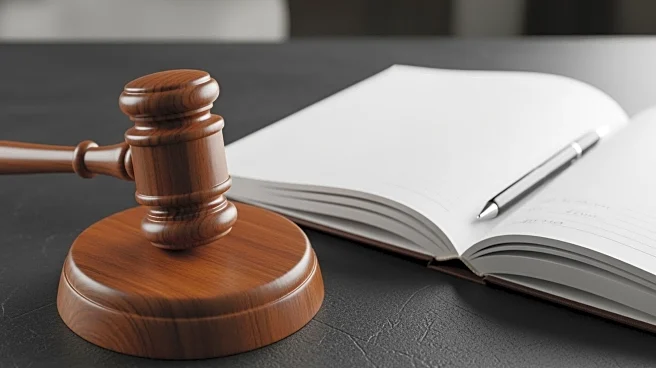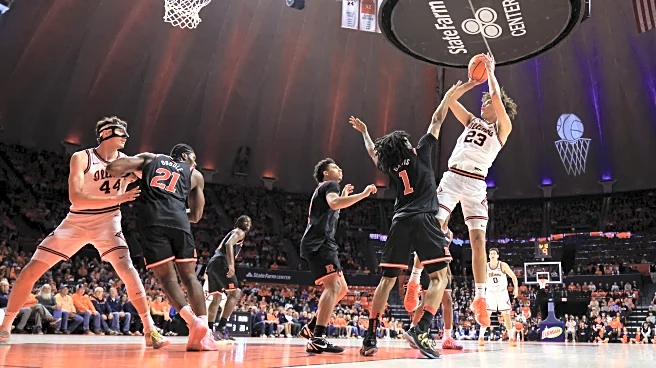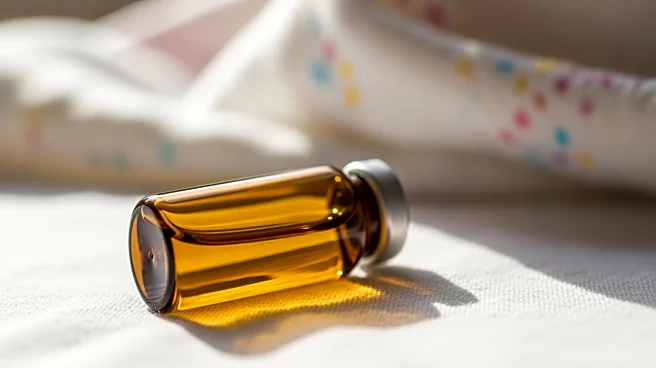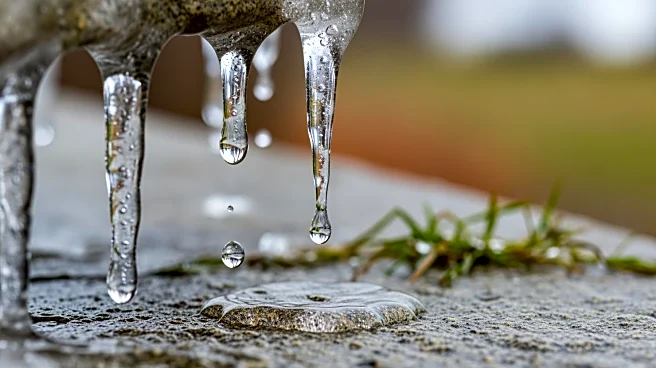(Reuters) -President Donald Trump said the U.S. and Japan had struck a trade deal that includes a 15% tariff that will be levied on U.S. imports from the country.
In a post on Truth Social, Trump said the
deal would include $550 billion of Japanese investments in the United States.
COMMENTS
CHRISTOPHER WONG, CURRENCY STRATEGIST, OCBC BANK, SINGAPORE:
"There was some knee-jerk reaction to the trade deal, but largely the moves have stabilised with the dollar/yen trading near its 10- or 11-day low. With tariff uncertainty out of the way for Japan, we keep our eyes peeled on two risks going forward for the dollar/yen - political risks if Ishiba still holds on and if there are any changes to credit rating, dependent on the country's fiscal health."
CHARU CHANANA, CHIEF INVESTMENT STRATEGIST, SAXO, SINGAPORE:
"Expectations for a breakthrough were low, so Trump’s announcement delivers a mild upside surprise — providing near-term relief for Japanese equities. The reduced 15% tariff, down from the previously flagged 25%, is meaningful and should lift sentiment in export-driven sectors, even if the fine print, especially on autos, remains critical. Markets will largely discount the $550 billion FDI headline as political theatre rather than a tradeable catalyst.
"Strategically, the deal allows Japan to sidestep immediate tariff escalation, while Trump's attention shifts elsewhere."
KRISTINA CLIFTON, SENIOR ECONOMIST, COMMONWEALTH BANK OF AUSTRALIA, SYDNEY:
"We don't know all the details yet, apart from just that he will place a 15% tariff on imports from Japan.
"It's a lower rate than what President Trump announced on Liberation Day, so to that end, it's a better outcome than potentially they could've seen. Steel, aluminium, and also cars are important exports for Japan, so it'll be interesting to see if there's any specific carve-outs for those."
HIROFUMI SUZUKI, CHIEF CURRENCY STRATEGIST, SMBC, TOKYO:
"This is good news for the Japanese economy.
"There are reports that automobiles will also be subject to a 15% tariff, which is clearly good news. I don't think this alone will lead to a Bank of Japan rate hike next week, but the possibility of a rate hike between September and October has increased. This will create pressure to buy the yen."
(Reporting by Reuters Asia bureaus; Compiled and edited by Subhranshu Sahu)











